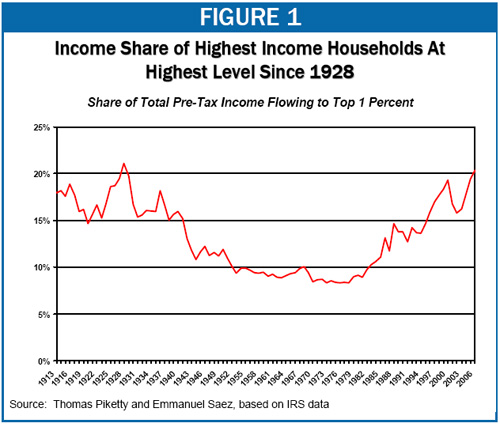Voices in "Stealing America" range from computer analyst Bruce O'Dell (one of its producers, and provider of its most nuanced and eloquent perspective) to pollster John Zogby, Florida election official Ion Sancho and former Wall Street Journal editor Paul Craig Roberts, among many others. Like Kennedy, Palast and Miller, those people all smelled a rat in 2004, but Fadiman never makes clear that you might not get any two of them to agree how big the rat was or how it got in the house.
Did election officials in many jurisdictions make it inordinately difficult for African-Americans and other pro-Democratic demographics to vote, either through incompetence, malice or both? I think there's no question about it, and by showing us those appallingly long lines at black Ohio precincts, Fadiman drives that home.
...
"Stealing America" leaps directly from that level of inquiry, and several related questions about vote suppression, to the twilight zone: Was there also massive electoral fraud in 2004, involving hundreds if not thousands of conspirators, in which 6 million votes or so, along with four or five states, were electronically switched from Kerry to George W. Bush? And does the much-bruited exit-polling problem -- in 10 of the 11 crucial battleground states, Election Day exit polls suggested a better result for Kerry than the reported vote -- constitute an almost-smoking gun?
Look, I don't know. I write about show business. It would be idiotic for me or anybody else to insist that it's an impossible scenario. Explanations abound for the exit-poll anomalies, but I think we can all agree they're a problem. Here's what I do know: 1) As Fadiman's computer experts tell us, fixing a moderately large number of votes is technically feasible. 2) If Karl Rove and Dick Cheney could do such a thing, they certainly would. 3) The whole thing is unproven and unprovable, and gets a pretty low Occam's-razor score for probability. Conspiracy theories, whether they're about the JFK assassination or 9/11 or Flight 800 or, I don't know, the 2002 Kings-Lakers series, represent our desire to see order in a chaotic and ambiguous universe, whose patterns are generally too large for us to grasp. On a more practical level, they generally require a degree of competence, organization and secrecy for which human beings are not much noted.
My former Salon colleague Farhad Manjoo endeared himself to many, many readers (that's a joke!) by scrutinizing the cases for fraud made by Kennedy and Miller, among others, and finding them flimsy. Fadiman never even acknowledges, let alone addresses, the counter-arguments raised by Manjoo, pollster Mark Blumenthal, investigative journalist Mark Hertsgaard and many others. That's why I describe her film as propaganda, and why I haven't called it a documentary. It's one thing to have a point of view, even an unpopular or outrageous one, and pursue it vehemently. It's quite another to feign an interest in the truth while ignoring all complicating or contrary evidence.
But let's back up for a second and acknowledge that Fadiman's film, like Miller's book and Kennedy's Rolling Stone article and Palast, Hertsgaard and Manjoo's reporting, is motivated by righteous indignation and aimed at virtuous ends. Manjoo was pilloried in Salon's letters section as an election Pollyanna, a Rovian agent and worse, but here's what he wrote while reviewing (and rejecting) Mark Crispin Miller's book in 2005: "The fact is that the machinery of American democracy is broken; mistakes, inaccuracies, chicaneries, snafus, frauds, fiascos and disasters debilitate almost every race everywhere every two years, with the result that increasing numbers of Americans report feeling alienated by the voting process. It's no exaggeration to say the problem has reached the level of a national emergency."
What might bother me most about this whole argument is that rather than using it as a justification for strong new measures to improve the functioning of our democracy, everyone just points fingers and uses it for fundraising. This at least raises the possibility that all involved parties are less interested in better reflecting the democratic will of the people than simply winning.












